Introducing Secure: Your Website’s Bodyguard
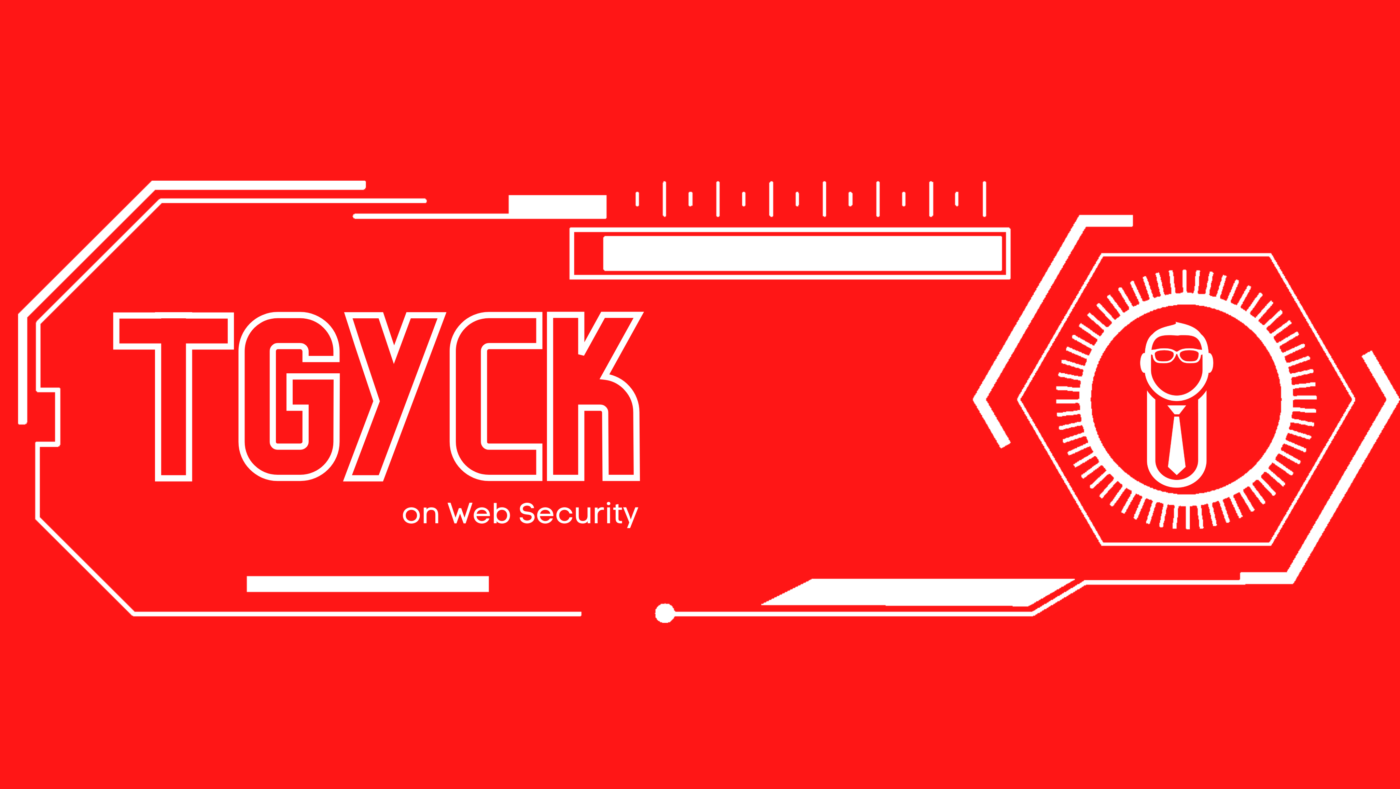
This blog post introduces Secure, a security plugin powered by TGYCK Tech that helps protect small businesses’ websites from malicious attacks, malware, and phishing attempts. Secure offers various features such as login protection, two-factor authentication, IP blocking, and real-time monitoring. It is a powerful shield to keep your online presence secured and help you stay ahead of cyber threats.
“Are You Tired of Dealing with Slow Website Load Times? Maximizing Your Site Speed with Our Site Speed Tools”
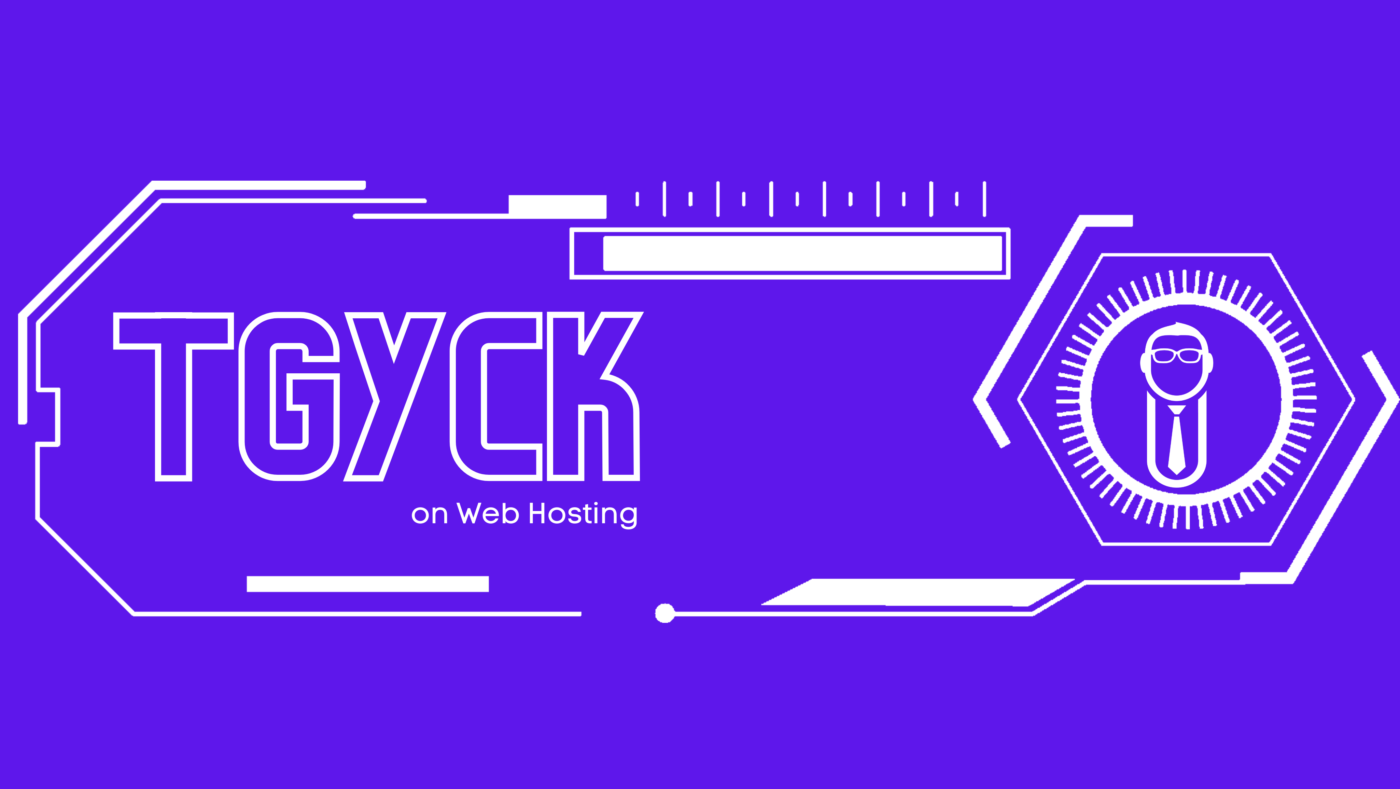
Are you tired of dealing with slow website load times? Have you ever lost a potential lead due to a website that takes too long to load? Site speed is critical for online success, no matter what kind of business you run. Fortunately, our company offers some fantastic tools to help you maximize your site […]
Choosing the Right CDN Provider for Your Website
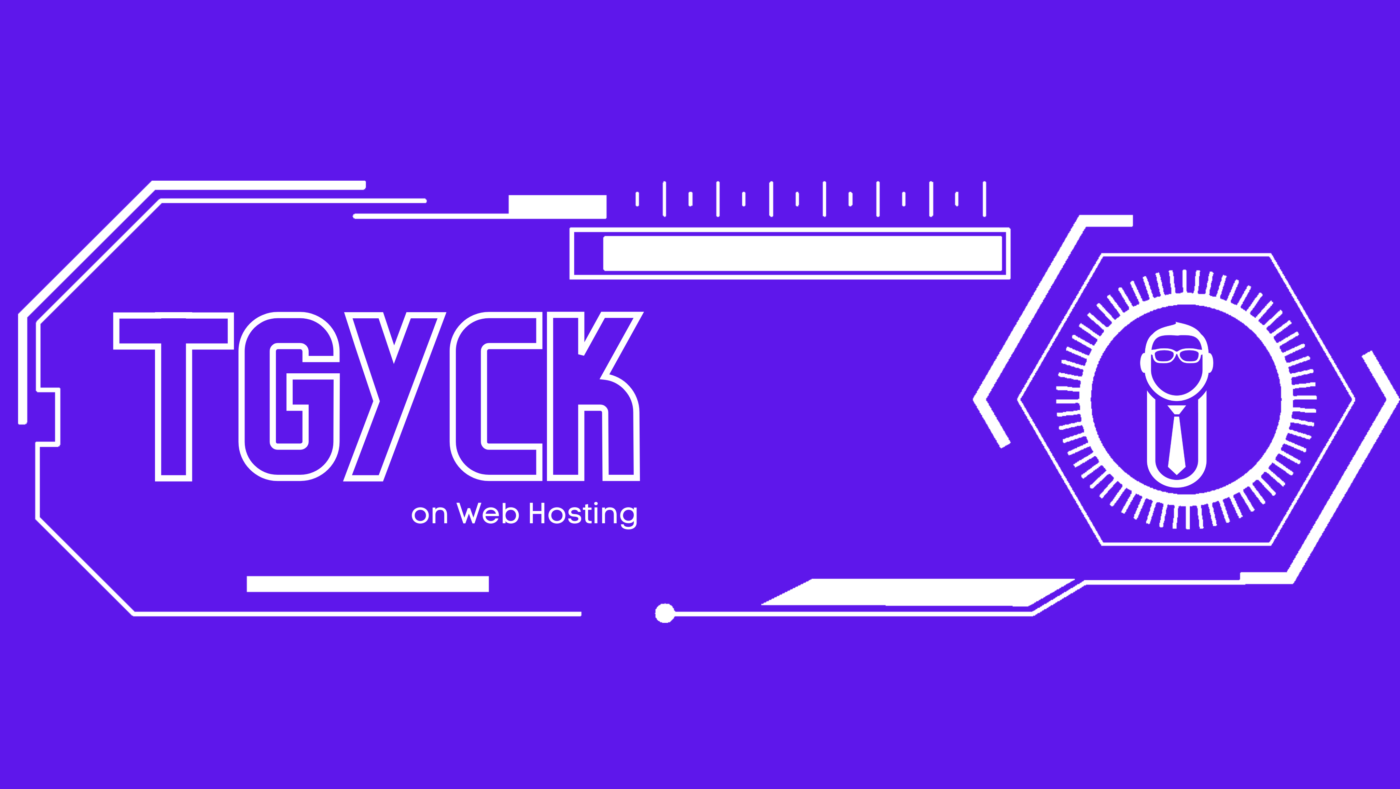
This blog post offers an in-depth look at the benefits of using a Content Delivery Network (CDN) for your website, as well as criteria for choosing the right CDN provider. It provides valuable information on server locations, performance, security, and ease of use, helping you make an informed decision that will improve your website’s user experience.
Introduction: Artificial Intelligence and E-commerce Personalization
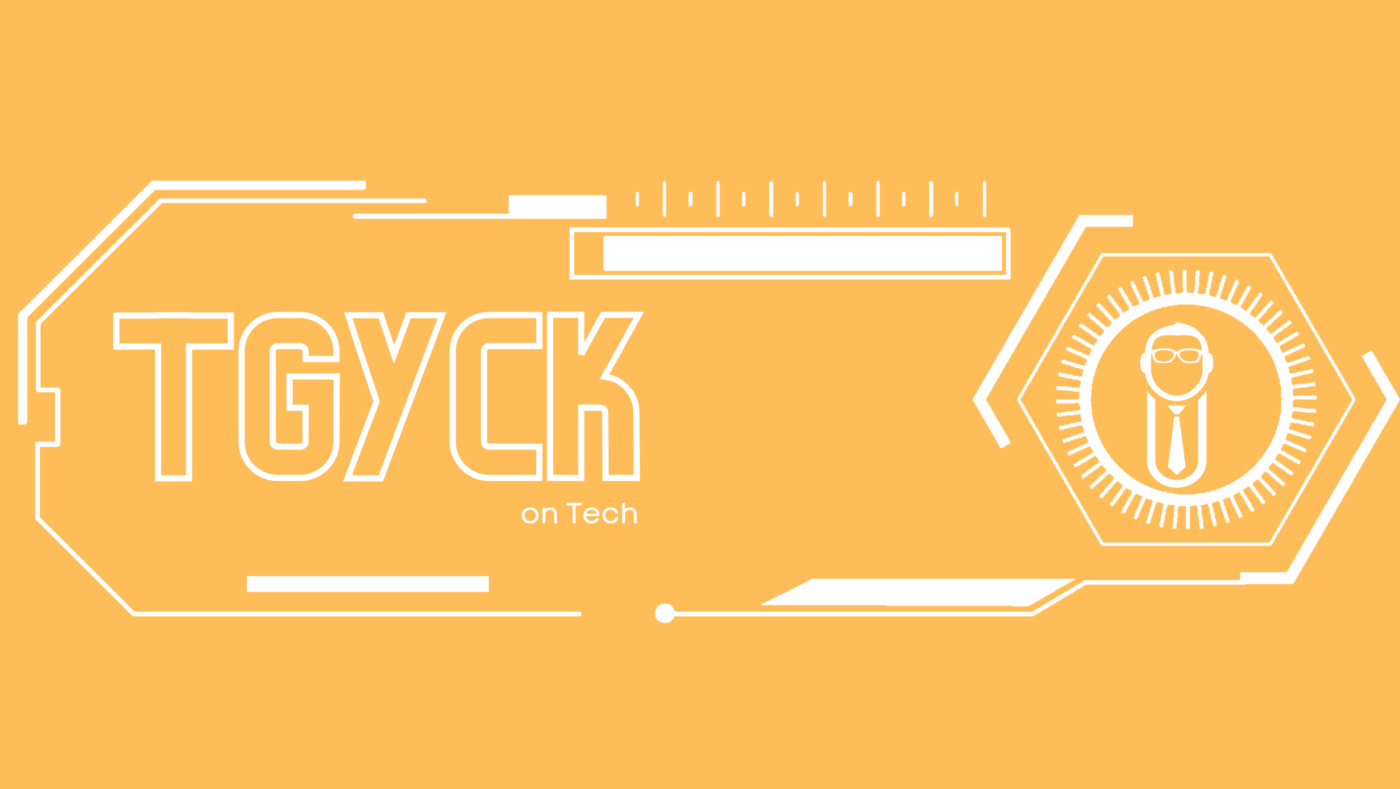
This blog post is an introduction to how artificial intelligence is changing the e-commerce industry. It discusses the ways in which AI is being used to improve product recommendations, search algorithms, chatbots, and customer service, leading to a more personalized shopping experience for customers.
Introduction: Web Security and Brute Force Attacks
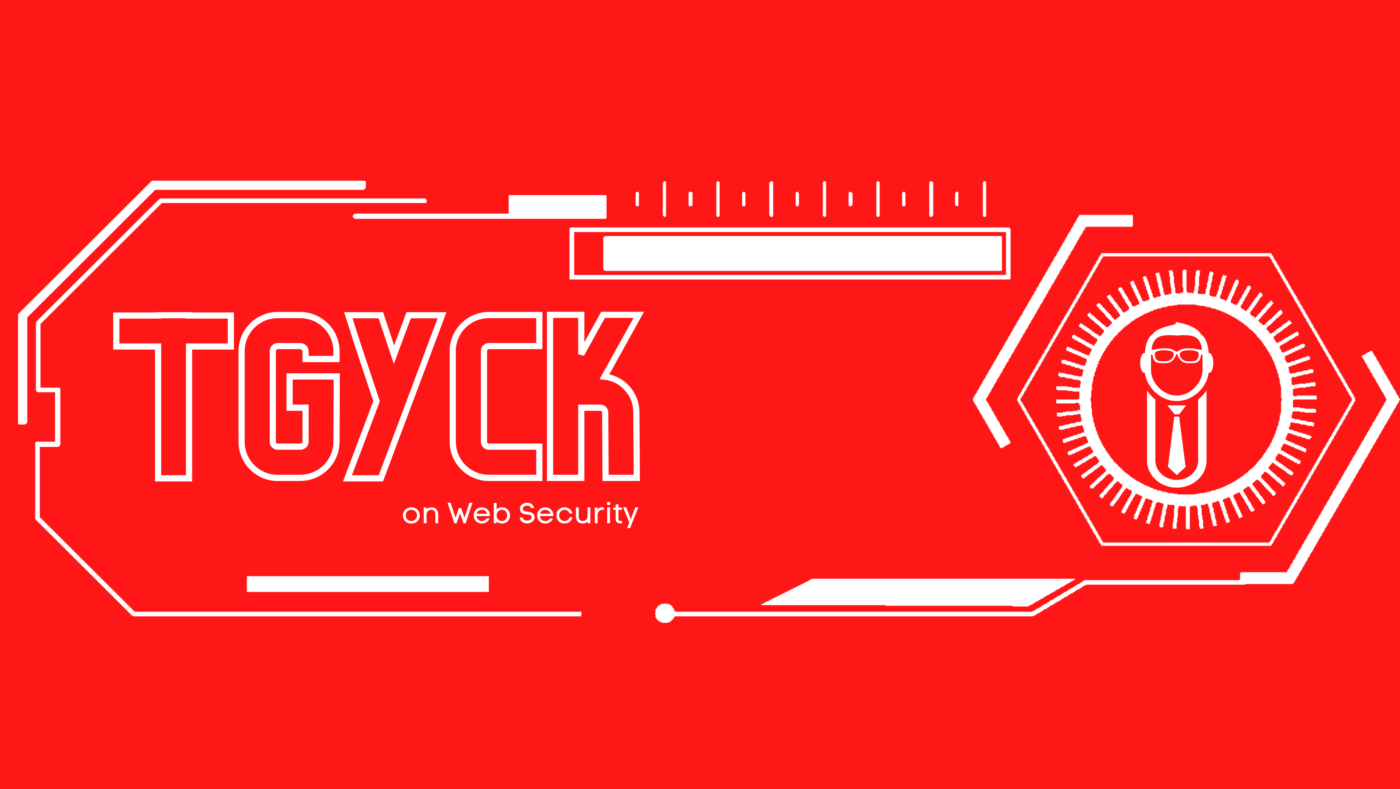
This blog post introduces readers to brute force attacks and provides tips on how to protect their website from these types of attacks. It covers topics such as strong passwords, CAPTCHA, two-factor authentication and rate limiting.
Introduction: Migrating a Website to a New Host
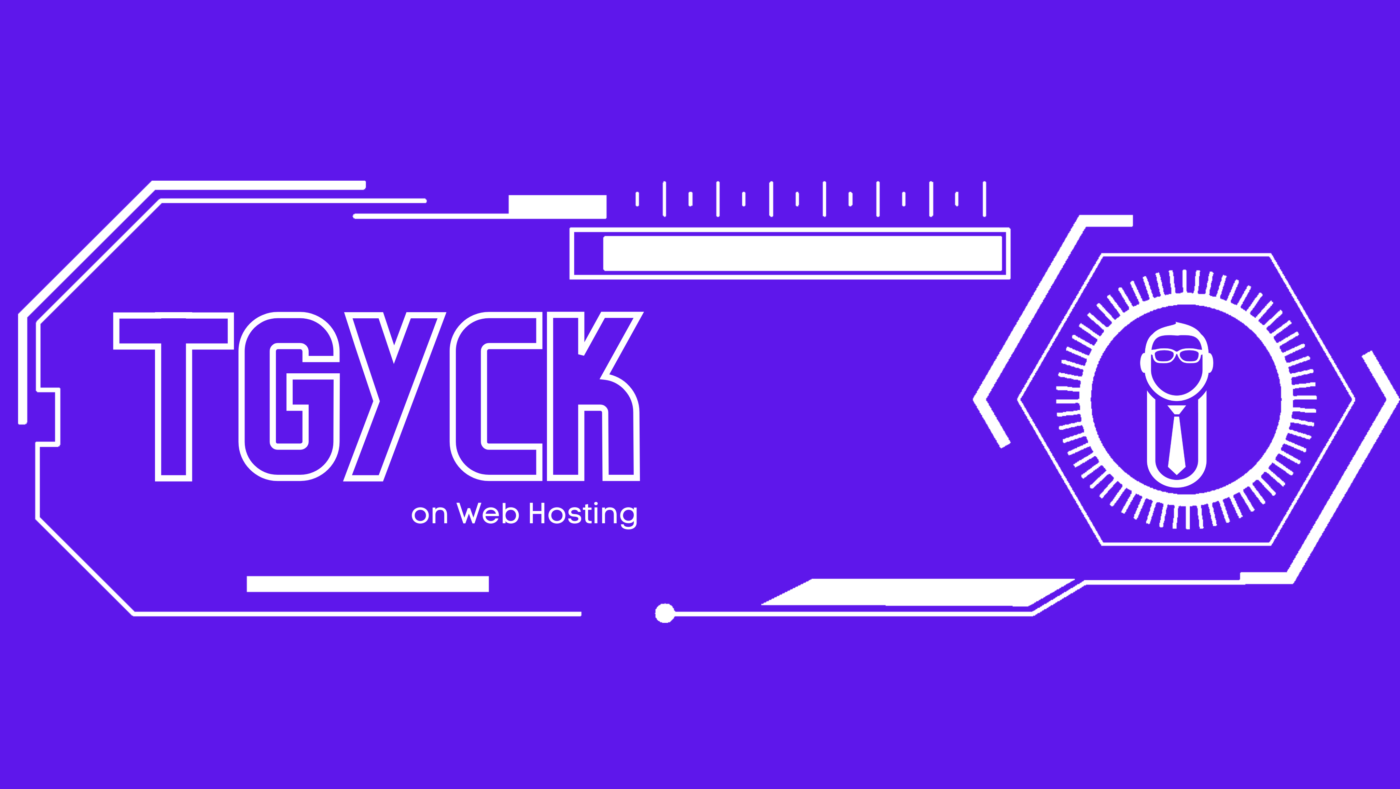
This blog post provides a detailed step-by-step guide on how to migrate a website to a new host. Learn how to choose a new host, backup your website, upload it, configure DNS and domain names, run tests and update website settings for a successful migration.
The Changing Landscape of Web Design
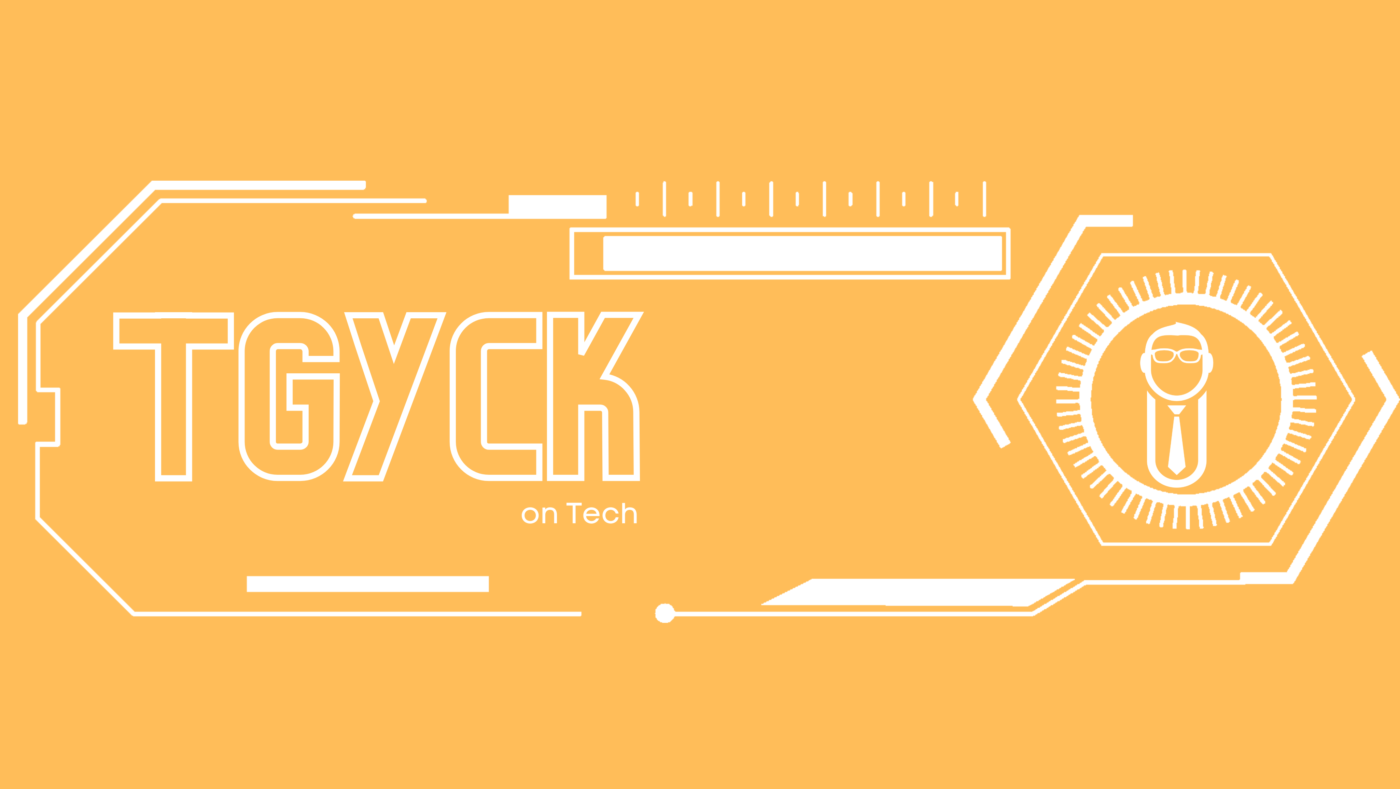
This blog post explores how AI technology is revolutionizing the field of web design and how it can be used to create personalized user experiences, reduce design time and costs, and overcome challenges and limitations. It provides readers with an insight into the changing landscape of web design and how AI is impacting the industry.
Introduction: Securing Your Website with an SSL Certificate
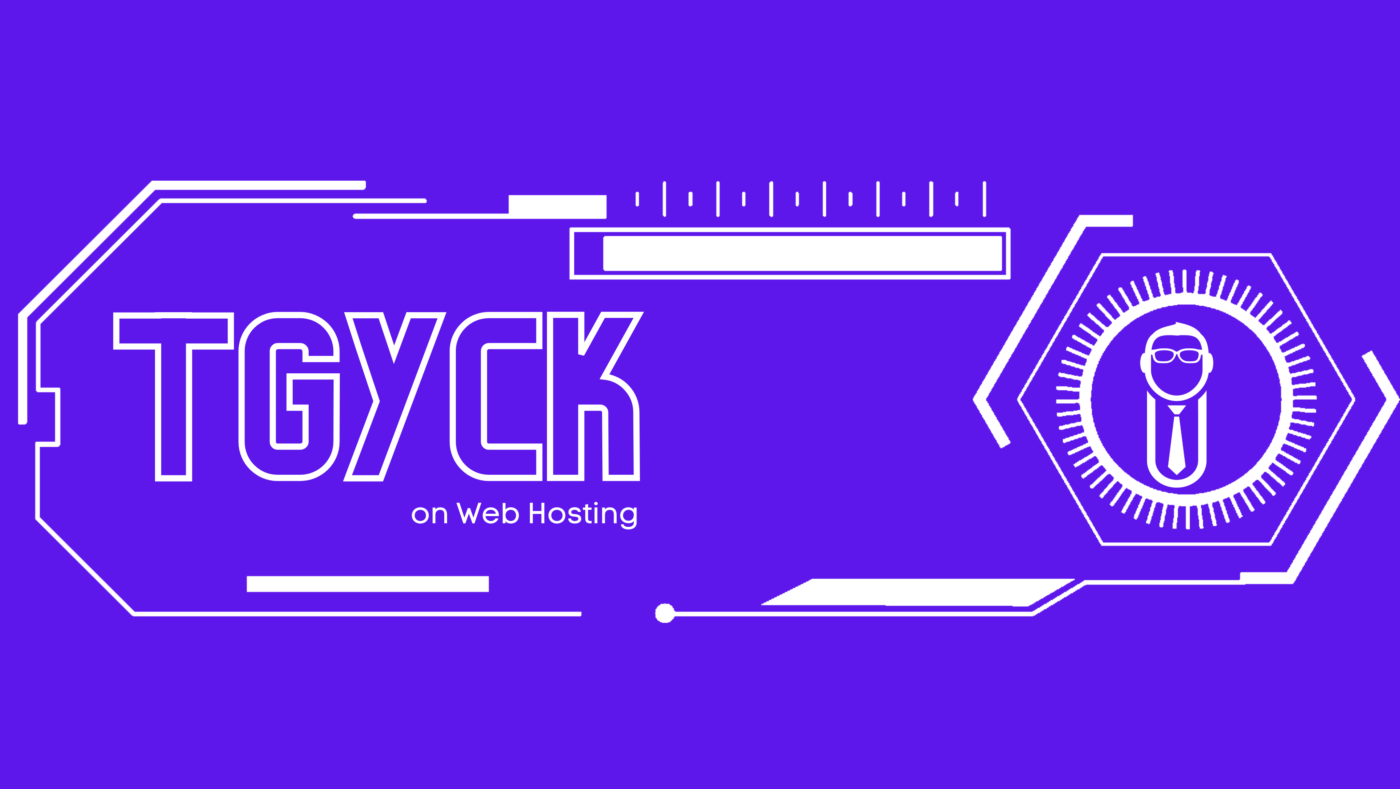
This blog post provides an introduction to the different types of SSL certificates available, and outlines the factors to consider when choosing the right one for your website. It explains the differences between Domain Validated and Extended Validation SSL certificates, and provides tips on how to choose the right certificate for your website.
Introduction to AI-Powered Chatbots Enhancing Customer Service and Improving User Engagement
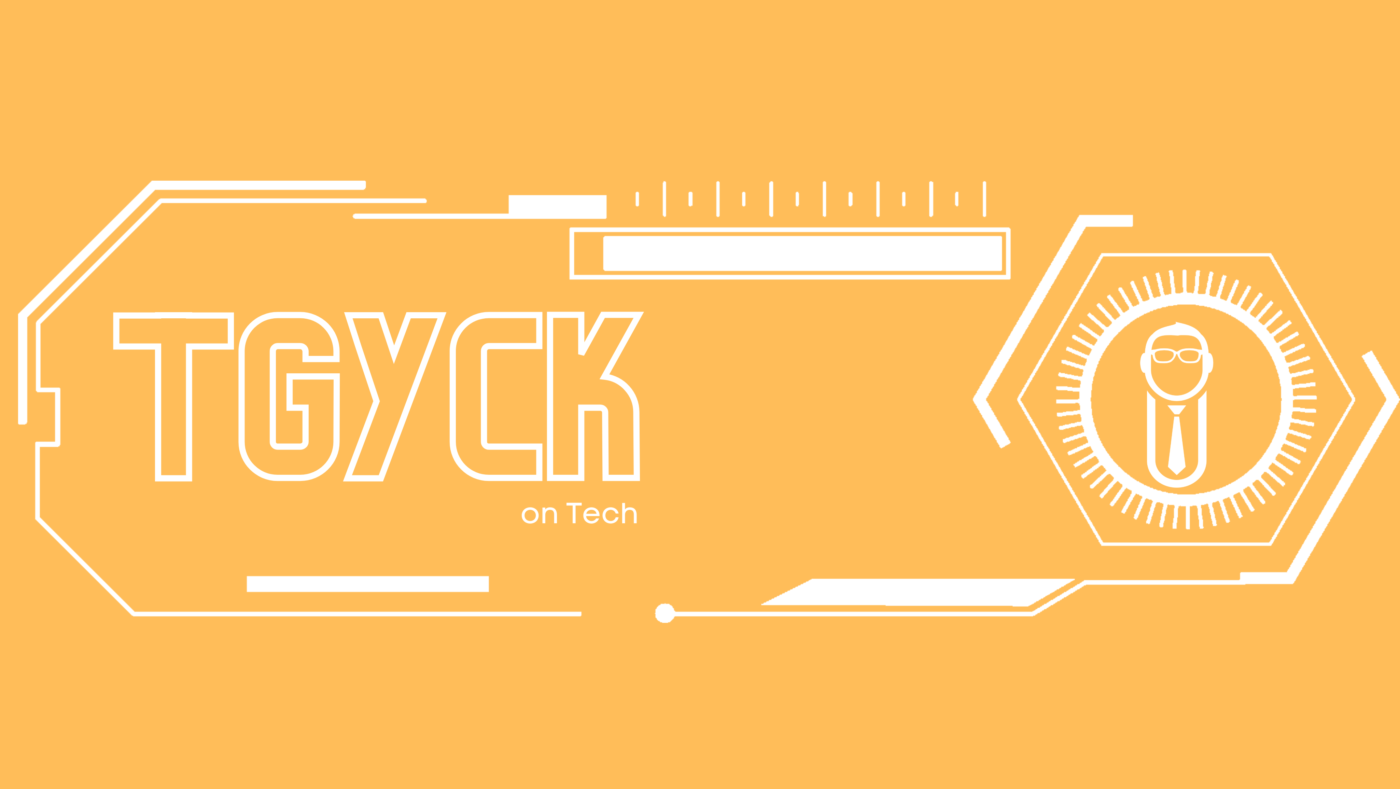
This blog post explores how AI-powered chatbots are revolutionizing customer service and user engagement, and how businesses can benefit from this technology.
Understanding and Mitigating DDoS Attacks for Web Security
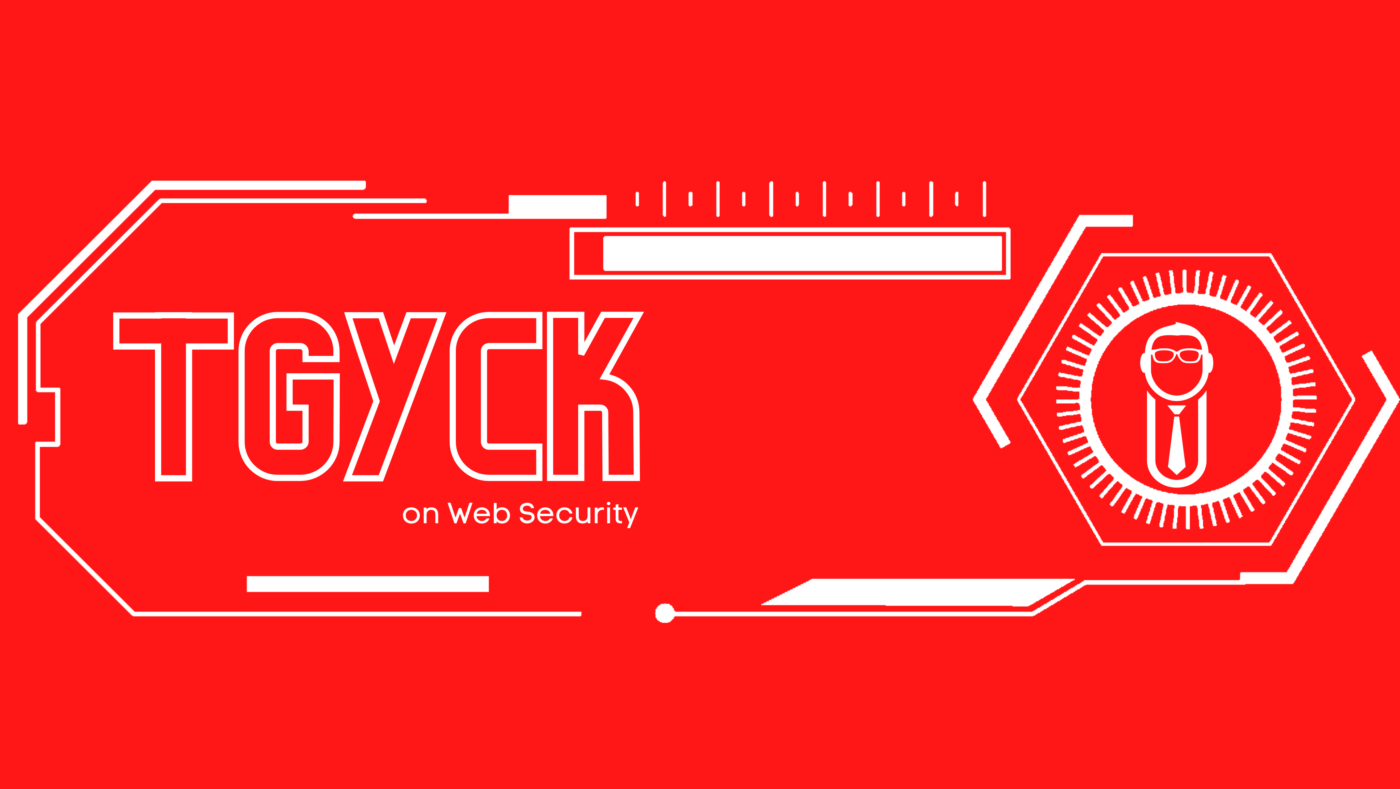
This blog post provides an overview of DDoS attacks and explores various strategies for mitigating them. It covers the types of DDoS attacks and how to use a content delivery network, filter traffic, configure network and server settings, and implement rate-limiting strategies to protect against these attacks.